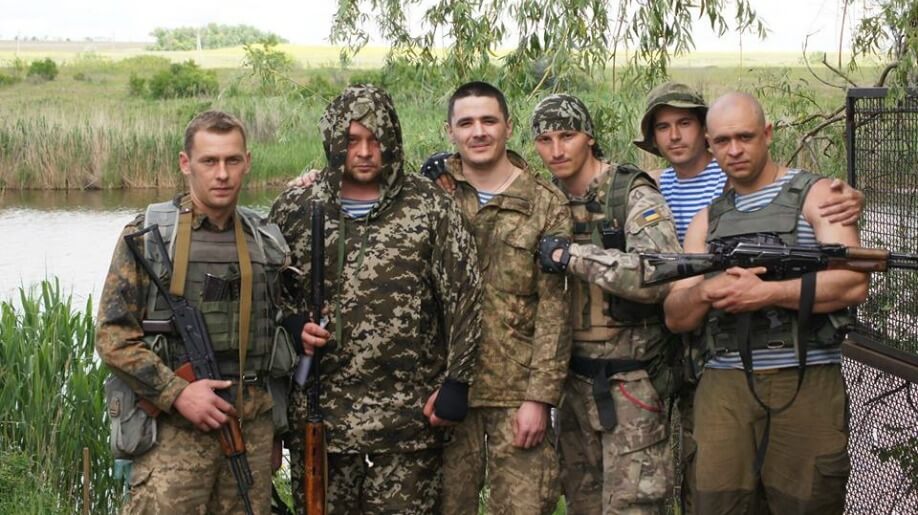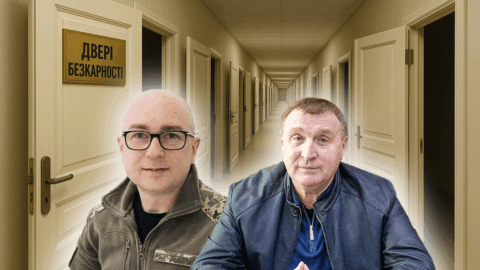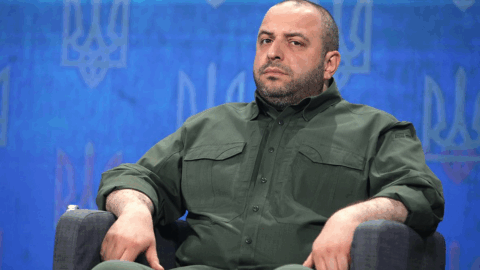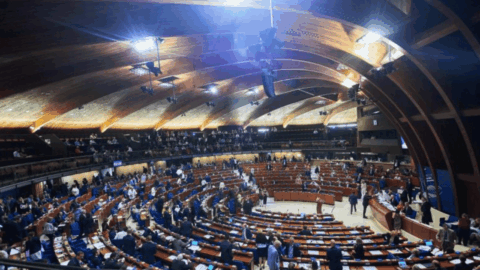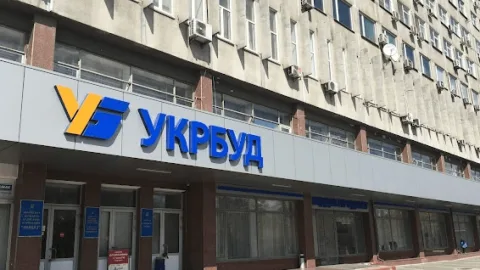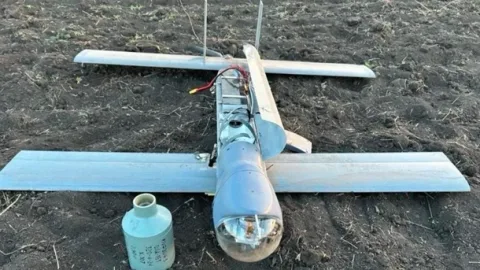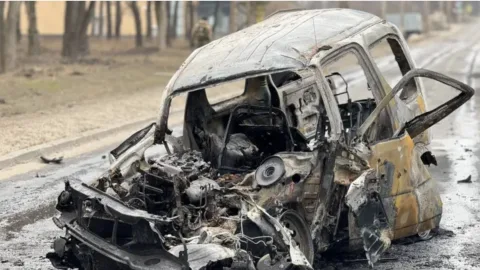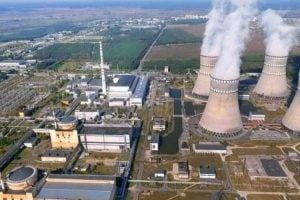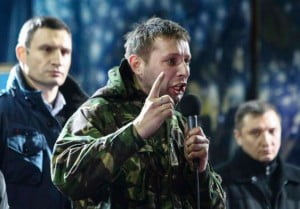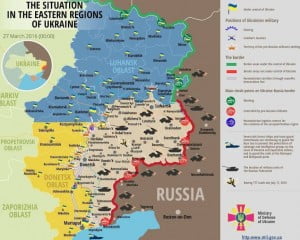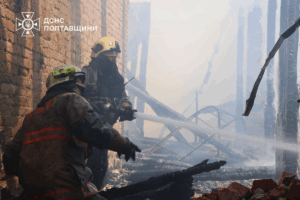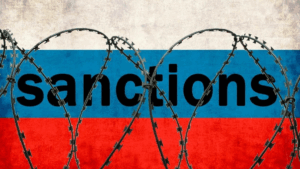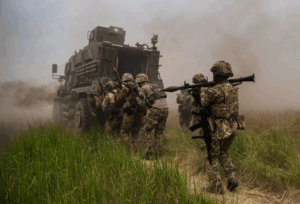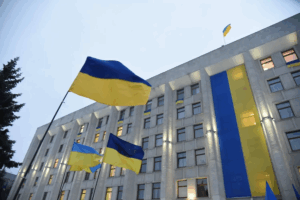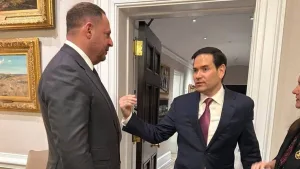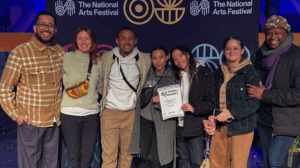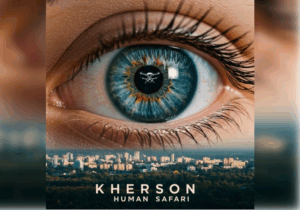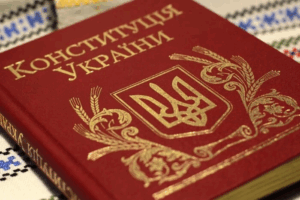They started their military service with the 95th Brigade Military Assault Troops of the Ukrainian Armed Forces. They became the core of the 90th Airmobile Battalion of the 81st Brigade, the first brigade to be created in the twenty-plus years of Ukraine’s independence.
They took over the defense of Donetsk airport from the 95th Airborne Brigade. First they defended the old terminal and then after the battles of November 29-30, 2014, they moved to the new terminal which they defended until January 24, 2015. They held it as long as the walls held up, until the concrete structure collapsed. Today they are fighting in the vanguard of the Ukrainian army in Pisky. Yet for some strange reason their names have remained unknown to the country they are so desperately defending. Many of them have been nominated for promotion and decorated with medals but the documents and certificates got lost. Still, all the red tape and the indifference and ingratitude the senior officials have demonstrated have not affected the morale of the soldiers.
We offer an exclusive report filed by EMPR special war correspondent.
“Ordinary people stood in defiance of the equipped-to-the-teeth opponent”
“Cobra”
Maksym, code name “Cobra” is a native of Khmelnytskyi Oblast. He speaks beautiful, proper Ukrainian. He is only 25 years old but among his brothers-in-arms he is a legend. He helped repel the attacks on both the old terminal and the new terminal at the airport. He was one of the last to leave. These days he participates in practically all the combat missions that are ongoing in the area of Pisky. “Cobra” recounts, “All the separatists and the Russian troops had heavy machinery while all we had was Kalashnikovs, sniper rifles, and anti-tank weapons. But we were prepared to stand to the last man, none of us was going to give up. We were ordinary guys who didn’t think twice about facing all that metal. We went one-on-one against the tanks.” Even though in his battalion he is famous for his courage “Cobra” is surprisingly modest. It is not his goal to be well-known or to be awarded a nice-looking medal. “I don’t want medals or certificates. I would rather that my buddies get them, especially those who were wounded or those who did not return from the battle. I don’t need rewards.” And naturally, “Cobra” has no misgivings or regrets. “Of course I don’t regret that I joined the fighting forces. I am protecting my home and my country. I don’t want the war to spread – I don’t want my family to have to see it.”
 “Cobra”
“Cobra”
“Fox”
Anatolyi, code name “Fox” is 38 years old. He is from Vinnytsia. He speaks Russian. “Russian has always been the language I spoke – my mother is Russian. The guys in our battalion are teaching me Ukrainian and I am grateful for that. Now I can say that after living in this country almost 40 years I will finally be able to speak Ukrainian.”
At first “Fox” adamantly refused to be interviewed. “When we were at the airport people from the Inter TV channel came to record some footage. One of our soldiers was foolish enough to point out on camera where our weak spots were and where there was unprotected access. The next day the separatists launched attacks exactly through those spots.”
I did manage to persuade him to give an interview. He finally let loose and started telling me about himself and about the battalion. Before the war he worked in construction. “I’ve worked in different cities. I worked in Kyiv on the restoration of the Trade Unions building. That was where I met ‘Cobra.’ Together we decided to join the guys at the front. We arrived November 6th but our deployment orders arrived November 21st. Someone must have made a good buck for those days.” Maybe “Fox” agreed to be interviewed because he has a lot of questions for the authorities. “Take the case of Debaltseve. All the enemy forces were sent to Debaltseve which means that we could easily have taken Donetsk at that time. But an order to attack was never issued, nobody knows why.”
“He never let down his men”
“Crab”
A captain. Code name “Crab.” The guys don’t remember his last name, all they remember is his first name and patronymic, Ivan Ivanovych. “Fox” talks about “Crab” most, and every time he does, tears well up in his eyes. “He stayed at the airport til the end; he stayed with the wounded to the very end. He could have gotten out of the airport, he could have lived to tell the tale, but he chose to stay with his soldiers.” That’s what happened. An officer, code name “Crab” stayed with his soldiers for eternity. He was killed in an explosion in the dark building of the airport terminal. The walls of the terminal collapsed burying him and the other soldiers. The terminal became their mass grave.
“Abdullah“
In the intense fighting for the watchtower only seven men were assigned to defend it. Maksym, code name “Abdullah” was one of the seven. Maksym is an Uzbek who has lived his whole life in Ukraine in a small town not far from Kyiv. His family still lives there. Before the war he worked in a factory. He enlisted voluntarily to defend his home and his country. “I was born in Ukraine and I live in Ukraine. It is my country.” He talks about the airport with reluctance. He’s glad that in the course of the battles he met a fellow countryman with whom he became friends. He agreed to describe what happened at the airport in general terms. “When I first arrived at the airport things were relatively calm but then the attacks got more frequent. We were shelled with mortars, machine guns, and rifles. At first the separatists fired only from one tank but then a second tank was brought in and they started shooting from two sides. They were regularly resupplied with tank shells. In times of intense shelling we were rotated every two hours. Two hours of fighting and two hours of sleep. Of course it was impossible to sleep. So we would just doze off.”
 “Abdullah”
“Abdullah”
“In combat I worry most about my buddies, not about myself”
“Adam”
The defense of the watchtower was commanded by officer Maksym, code name “Adam.” “Fox” tells us about “Adam.” “He was a Man with a capital ‘M’ a real hero. He had a family, wife, three kids, his own business, he made good money and lived well. He could have lived his life in peace but he dropped everything and joined the Ukrainian Armed Forces voluntarily.” “Adam” was killed March 20, 2015 near the village of Opytne close to Donetsk airport. His soldiers recalled: “A Russian recon-sabotage unit numbering about 18 men entered our territory. We know they were Russians because after the battle we found their bodies and on their uniforms they had Russian Marines chevrons. You know, we exchanged the body of one of the Russians for 27 bodies of our guys. That proves that they were special ops people. They also made every effort not to leave the dead bodies of those guys on the battlefield, and especially the wounded ones. They tried to hide them and then came back at night to retrieve them. They were afraid that we would identify them, that we would find their ID papers. Nobody cared about the corpses of the separatists, they were left behind to rot on the battlefield.” That was commander “Adam’s” last battle. He was all of 38 years old. Three children are now without a father.
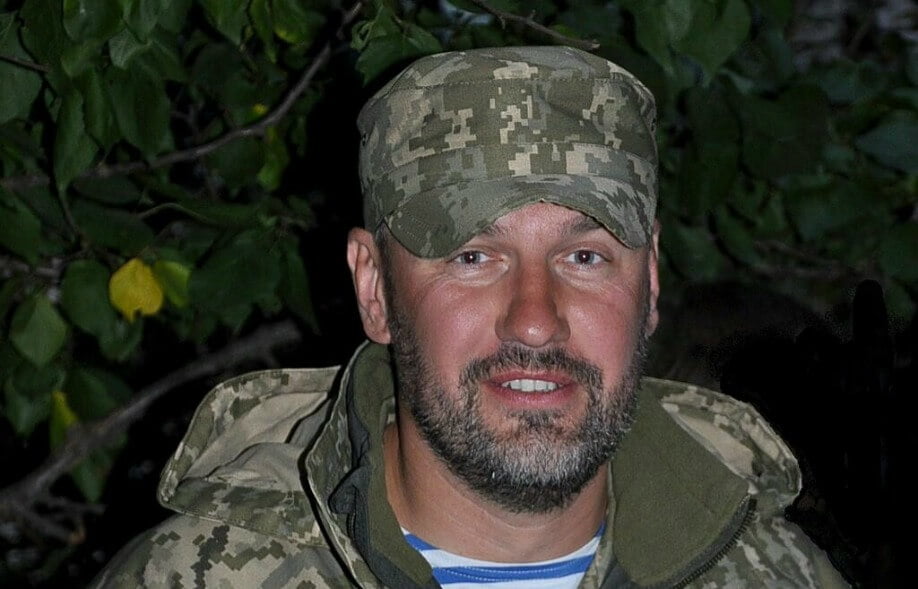 “Adam”
“Adam”
“Kid”
Alexander, code name “Kid” was born in Zhythmyr Oblast. He is 20 years old. He looks like a kid but in his words and behavior he projects the confidence of a man. To the question, why did he come to the front, he replies, “I have a little sister. I came here to protect her, and not once did I regret my decision. My mother and step-father accepted my decision, supported me, and are proud of me. Of course the first battle was terrible and I was scared but after that I overcame my fear.” Alexander, too, had served under commander “Adam” – he was wounded in that same battle “Adam” was killed in. After two months of treatment “Kid” returned to his brigade. “In battles I worry about my buddies most. I don’t worry about myself. In that battle near Opytne I was wounded and so was my friend, Volodymyr. I knew he was wounded and when I was being carried off the battlefield I kept asking about him. I wasn’t worrying about myself. And when I was brought to the medical battalion and when I saw him there I immediately felt better. We talked and laughed as we were being bandaged. Vova got a bullet in the collarbone, he’s still in the hospital, but he’s getting better.” In spite of everything “Kid” does not hold a grudge against Russia. “Just like here in Ukraine, there are good people and there are bad people, and so it is in Russia, too. What do I want to do after the war? I studied to be a car mechanic – I’d like to finish school, get a good job and get married.”
“Soldiers become heroes when the commander fails”
“Soldier”
Viacheslav’s code name is “Soldier.” He is 39 years old. Viacheslav is from Kyiv where he worked as manager at a logistics company. Like all the soldiers of the 90th Battalion he enlisted in the armed forces voluntarily. He has a wife and an eight year old son. “I didn’t wait to be mobilized and went to the draft board on my own. For me it was a completely natural thing to do because trouble was knocking at our door. My wife supported my decision.” “Soldier” spent 16 days at the Donetsk airport. “I’m just a simple soldier, and perhaps it’s not proper for me to criticize the commanding officers but I believe that many deaths could have been avoided. Soldiers display heroism when the superior officers make the wrong choice. You know, on our way to the airport our armored personnel carrier stalled on the runway and we stood there for three hours under intense shelling. We survived thanks to Mike, the commander of the 79th Brigade. He found a crew that agreed to take us – they drove us to another APC, we got in and made it to the airport. That saved us. At the very end of the battle for the airport we had many wounded who needed urgent medical care and Tollik Spartan, our sergeant, walked out to the separatists with a white flag and asked them to provide a corridor for the evacuation of the wounded. The separatists captured him and the wounded guys and took them to prison. Many of them were exchanged later but some weren’t so lucky. Some were summarily shot and some were tortured and then killed.”
Evidence of Russians in the war
The presence of Russian soldiers in Ukraine is no secret. The fighters on the front lines know this best. “Cobra” tells us, “Once our unit wounded one of the soldiers fighting in the army of the separatists. On his uniform he had a badge identifying him as a member of the Givi terrorist unit. In reality he was a Russian from St. Petersburg. He received medical treatment but to no avail: he was dying. Before he died he told us that he had come to Ukraine in a group of 60 men to fight on the side of the separatists. He gave us his mother’s telephone number and asked us to tell her that he had died. We did that. She didn’t even know that he was in Ukraine, she was sure that her son had gone off to Surgut (western Siberia) to earn money.” “Fox” joins in: “In February our unit captured a soldier from Novosibirsk. In the course of the interrogation the soldier said that he came to Ukraine to fight the Americans who, according to Russian TV, are in Ukraine as part of a NATO legion. He was very surprised that all he saw were Ukrainains.”
The sun is setting. I am leaving the Cyborgs. In my hand I am tightly holding a big bouquet of wild flowers they have given me to show their profound gratitude to those guys who without a moment’s hesitation voluntarily left their homes and their families and set off on the terrible road of war, so fraught with danger. They did that for all for us, so that we could live in peace.

